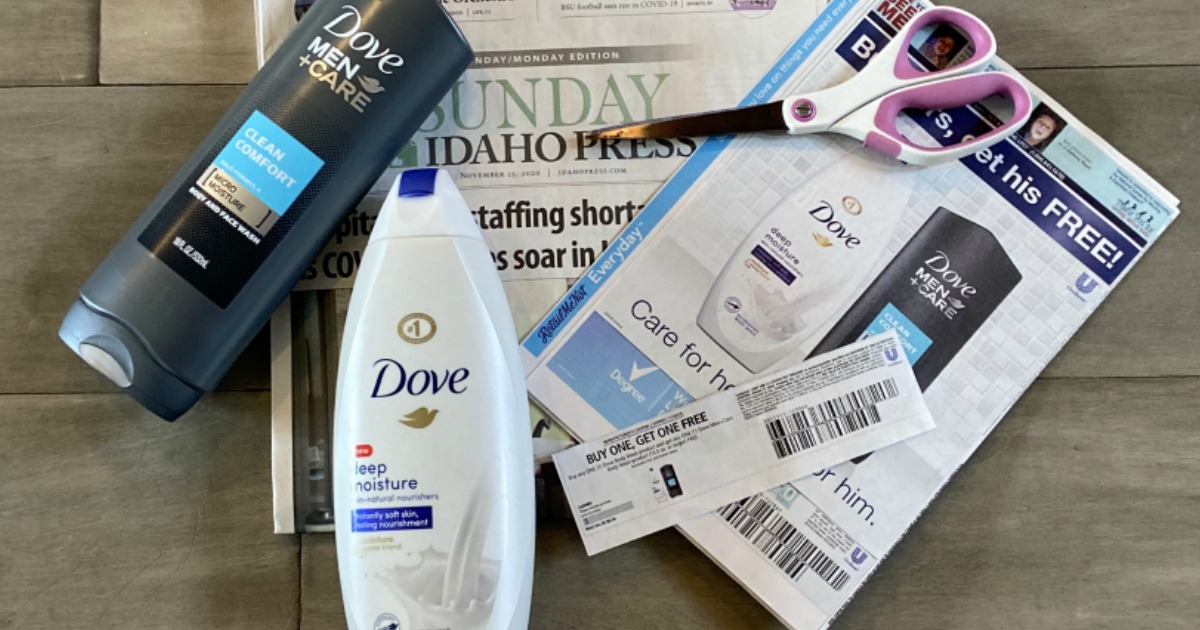

We all need fresh air our bodies crave the oxygen and the good feelings that come with it. There is nothing worse than being stuck indoors for long periods of time. If you want to keep yourself well, make it a point to get outside and breathe deep. This means less illness overall, as your body has an easier time fighting off germs before they invade and take over. Those who get outside and breathe fresh (clean) air on a regular basis have been shown to have stronger immune systems than those who stay indoors. There’s no doubt that fresh air is good for you, and for most people, that is quite a literal statement. The bottom line? If you’re in a funk, step outside to get back on track. And it also helps that getting fresh air often means getting a blast of Vitamin D as well. Getting fresh air on a regular basis can help fight depression or feelings of worthlessness. Similar to the way fresh air works to provide energy, the smells and intake of oxygen allows you to feel better overall. You may find that you feel more awake and alert if you spend a few minutes outside every day.įresh air can really lift your spirits. The oxygen along with the smells of nature (think trees, flowers, rain, etc.) help to increase your energy levels as well as your awareness. If you’re feeling run down or fatigued, go for a quick walk in the great outdoors.

It has been proven time and again that a blast of fresh air can actually give you more energy. But why? What’s the big deal about getting outdoors? Take a look at these three great reasons to schedule some time in the sun and fresh air as soon as today. As people have known for a long time, fresh air is really good for our health. It may be that you and your body need a breath of fresh air. While it’s easy to think that this boredom is simply caused by a lack of something to do, it might be more than that. If you’ve ever been stuck inside for days on end, you know how boring and depressing it can be. Back to The Joint Chiropractic - Woodstock #04031.
#GET FRESH BODY SKIN#
“We’re trying to understand how those microbes differ between healthy people and people with skin diseases.” In the long run, scientists would like to find ways to support healthy skin microbes while reducing harmful ones.įor tips to keep your skin healthy, see the “Wise Choices” box. “But there are some skin diseases with known associations with certain microbes,” says Kong. Evidence suggests that they boost the body’s infection-fighting immune system and help keep you healthy. Many skin researchers like Kong are studying the skin’s microbiome-the bacteria and other microscopic organisms that live on your skin. Wear hats and other protective clothing, use sunscreen with a sun protection factor (SPF) of at least 30, and restrict your time in the sun during the late morning and early afternoon hours, when sunlight is strongest. “There’s a strong link between UV exposure and skin cancer,” Kong adds. Sunlight contains ultraviolet (UV) light that causes sunburn and makes your skin age faster, leading to more wrinkles as you get older. You can also try using a humidifier to make the air in your home less dry. To treat dry skin, use moisturizing creams or lotions, and use warm instead of hot water when you bathe and wash your hands. “While washing hands is important for good hygiene, washing your hands too much can also lead to dry skin,” Kong says, especially if you wash with hot water and harsh soaps. Your skin can become too dry if you don’t drink enough fluids or spend too much time in sunny or dry conditions. Be on the lookout for unexpected changes to your skin, and talk with your doctor if you have concerns. And dark or unusual moles might be a warning sign of skin cancer. A yellow tint might indicate liver disease. A red, itchy rash might signal allergies or infections, and a red “butterfly” rash on your face might be a sign of lupus. Skin can also alert you to a health problem. And cells in your skin turn sunlight into vitamin D, which is important for healthy bones. Sweat glands and tiny blood vessels in your skin help to control your body temperature. It contains nerve endings that let you feel when an object is too hot or sharp, so you can quickly pull away. “The skin provides a barrier to protect the body from invasion by bacteria and other possible environmental hazards that can be dangerous for human health,” says NIH dermatologist Physician with special training in conditions that affect the skin, hair, and nails. Learn to take good care of your skin, so your skin can keep taking good care of you. Skin can also give important clues to your overall health. Our insides are certainly important, but skin is your first layer of defense against the outside world. People say that beauty’s only skin deep it’s what’s on the “inside” that counts.


 0 kommentar(er)
0 kommentar(er)
